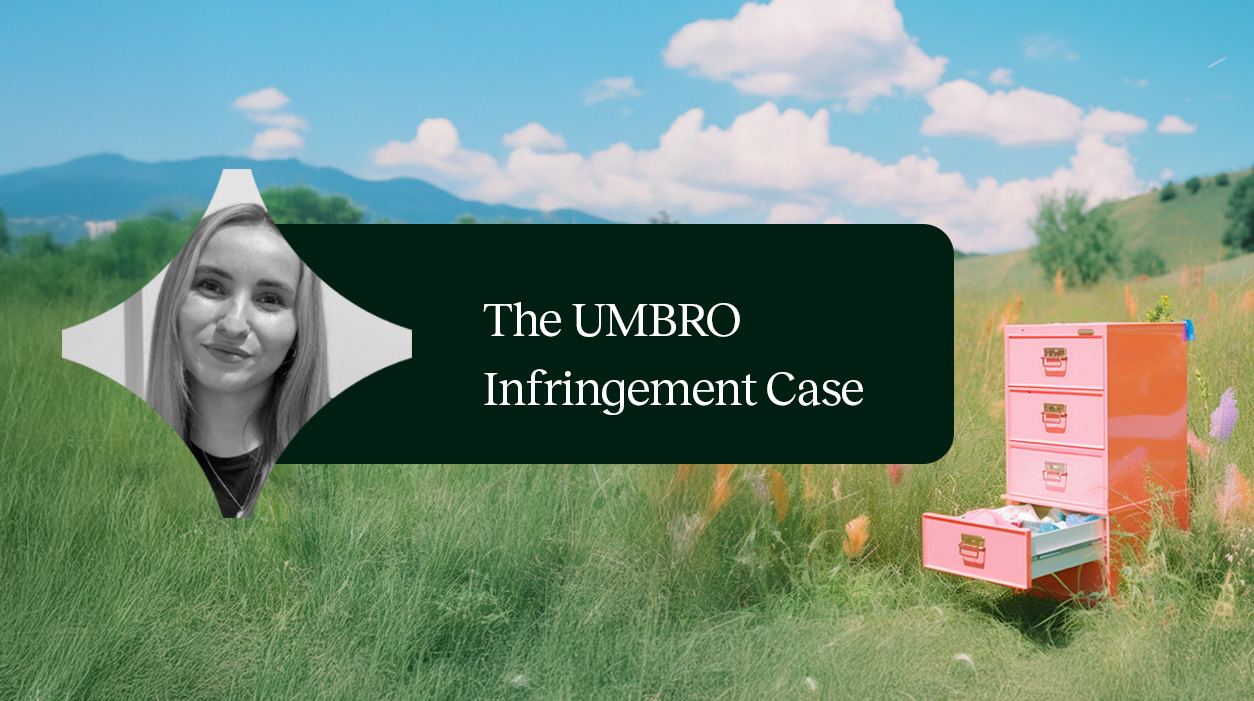Prapaharan Sivaratnam vs. Maya Appliances
- Legal Case Files

PRAPAHARAN SIVARATNAM v MAYA APPLIANCES PVT. LTD v (Trade Marks Inter Partes Decision BL O/0052/25)
This concerns an opposition before the UKIPO and a counterclaim for invalidation on which I, Steven Jennings, Senior Associate, have acted on behalf of Maya Appliances.
Maya Appliances and the VIDIEM Brand
Maya Appliances Pvt is an Indian company formed in 1978 in Chennai, producing domestic kitchen appliances and kitchen machines that were already in over 10 million homes by 2011. They decided to create a premium brand for the mixer / grinders called VIDIEM.
From 2020 they looked towards expansion in Europe and began recruiting UK / European distributors. They had prepared distribution contracts and the first UK distributor was appointed in September 2020.
The Trade Mark Dispute
Maya made an application for VIDIEM in Classes 7 & 21 in August 2021, which was opposed by PS who had registered Vidiem in Class 7. The frustrations Maya felt were understandable given that this was an invented mark and the opposition was based upon the only other mark, the VIDIEM mark, on the UK register. Further, it contained a unique term, ‘wet grinders’, which is not in the UK classification guide but is a key feature of Maya’s machines. It was down to Maya to prove that PS had acted in bad faith to succeed with their invalidation action.
The Challenge of Proving Bad Faith
The key sentence in the decision before the UKIPO is at paragraph 33;
However, as the case law above makes clear, mere knowledge of use by Party B outside of the UK, in India, is not, of itself, sufficient to establish bad faith; there must be something more in play and that ‘something more’ must have been present at the relevant date.

It is the perennial problem that faces parties claiming that others are acting in bad faith. Just how do you prove this when the offending party has no website, no visible business and refuses to engage in any meaningful way in proceedings?
The bad faith claim was rejected at first instance but Maya appealed to the Appointed Person.
Key Findings in the Appeal
At para 22 of his decision, the AP references the first instance decision as follows:
"The Hearing Officer found, in summary (i) that Mr Sivaratnam knew about Maya’s business in India and their use of the mark VIDIEM there for the Class 7 goods, (ii) that it was highly unlikely that that the mark was adopted by ‘pure coincidence’, (iii) that Mr Sivaratnam had lied in the counterstatement about the adoption of the name based on his grandparent’s names. Although the Hearing Officer does not say so in terms, the only implication of this is that Mr Sivaratnam had deliberately copied Maya’s trade mark and deliberately filed a trade mark application in the UK for that name in respect of precisely the same goods for which Maya had a reputation in India”
In para 26 the AP goes on to state:
However, in my view, she placed far too much of a burden on Maya in the unusual circumstances of the present case. Stepping back and looking at the case in the round I consider that there was more than enough here to justify a finding of bad faith.
Para 27 states:
"It is obviously wrong to expect a party to cancellation proceedings to be able to give direct evidence of the motivation of someone who has adopted their mark. All they can reasonably be expected to do in the vast majority of cases is to make inferences from the objective facts and invite the other party to respond to this. If they establish a prima facie case consistent with bad faith, then in the absence of a response from the other party the cancellation should succeed”.
The Importance of Reputation and Intent
What is gratifying here is that the AP appreciated that Maya had shown that they had a strong reputation in India under a unique mark, that Maya had shown that PS had business and personal links to the Indian sub-continent and that he had chosen an identical name for manufactured electrical goods which he had no obvious interest in. There was nothing, and importantly, he had said nothing to suggest a genuine intention to establish his own independent business under the name.
As the AP said; “They supported this with evidence and therefore threw the ball back into Mr Sivaratnam’s court”.
He appreciated that there were two obvious reasons for PS adopting VIDIEM:
Either to take advantage of Maya’s reputation within the Indian diaspora or to frustrate Maya in their planned expansion into the UK. The AP also believed that given the timing of the PS filing “It seems at least a strong possibility that he had ‘got wind’ of the distribution agreement and saw an opportunity to use the trade mark system to gain some advantage”.
Final Decision and Key takeaway
Accordingly, the PS registration was cancelled, and Maya's application was allowed. If you have evidenced your case well enough, then the silence of those acting in bad faith should not protect them.
Image

Contact us
Do you want consulting, advice or are interested in any of our legal services? Contact us and we will help you!


